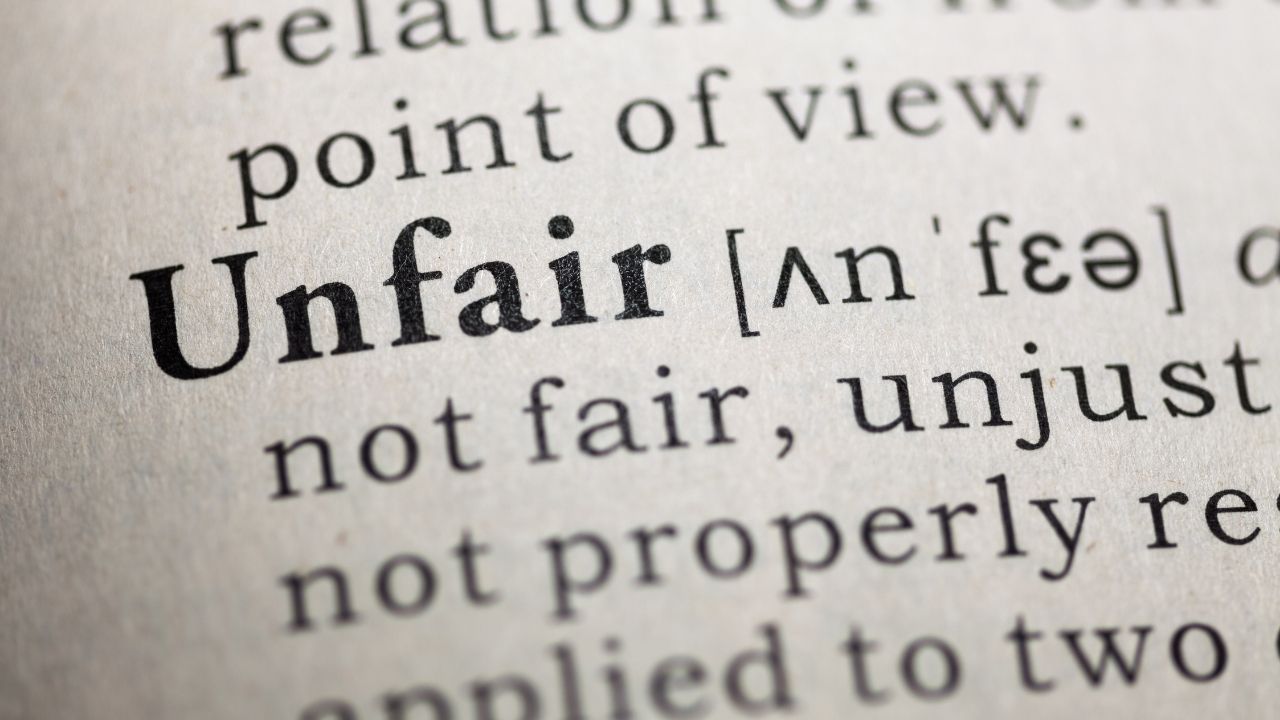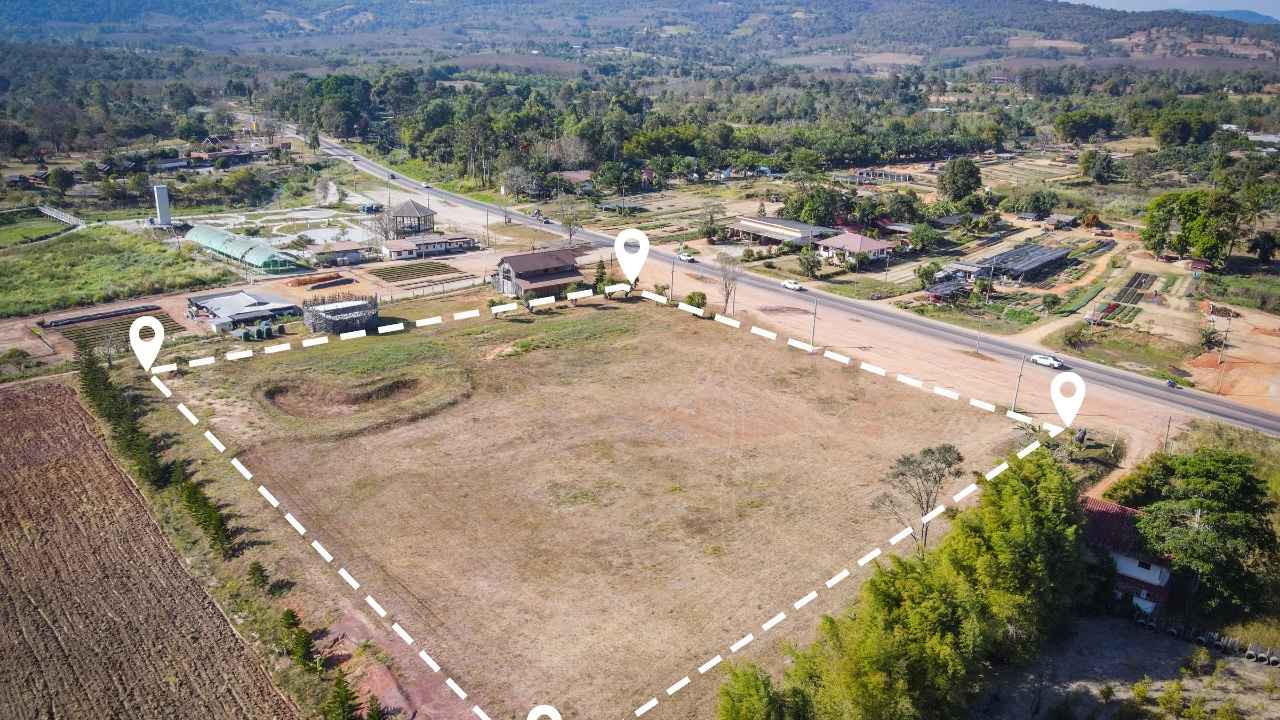On August 1, 2025, the High Court of Kenya (PJO Otieno) delivered a significant judgment in Haria v Commissioner of Domestic Taxes (Income Tax Appeal E171 of 2024), overturning a Tax Appeals Tribunal decision and clarifying key aspects of Capital Gains Tax (CGT) application in share transfer transactions. This ruling has important implications for taxpayers, particularly regarding the tax point for CGT, the applicable tax rate, and the constitutionality of certain provisions in the Tax Procedures Act (TPA). Below, we summarize the case and its implications for businesses and individuals engaged in share transfers.
Case Background
The dispute arose from a share transfer by the Appellant, who, on December 30, 2022, transferred shares in Harleys Limited to Westlands Heights Limited under an agreement dated December 29, 2022. The Appellant self-assessed and paid CGT at the prevailing rate of 5%, submitting the agreement for stamping at the lands registry on December 30, 2022, which was completed on January 4, 2023. The Kenya Revenue Authority (KRA) issued an additional assessment of Kshs. 416,966,484, arguing that the CGT rate of 15%, effective from January 1, 2023, applied since the agreement was stamped in 2023. The KRA also alleged an under-declaration of the share consideration. The Tax Appeals Tribunal upheld the KRA’s assessment, prompting the Appellant to appeal to the High Court.
Key Issues and Court Findings
The High Court addressed three primary issues:
- Tax Point for CGT on Share Transfers
The Court clarified that, under Paragraph 6(1)(a) of the Eighth Schedule of the Income Tax Act, a transfer occurs when shares are sold, exchanged, conveyed, or otherwise disposed of. In this case, the shares were legally and economically transferred on December 30, 2022, when the agreement was executed and payment made. The Court held that the subsequent stamping on January 4, 2023, was an administrative act that did not alter the tax point. The Tribunal’s reliance on the Land Registration Act to define “transfer” was deemed erroneous, as tax laws must be interpreted strictly based on their explicit provisions. - Applicable CGT Rate
The Court ruled that the applicable CGT rate was 5%, as it was the rate in effect on December 30, 2022, when the transfer occurred. The KRA’s application of the 15% rate, effective from January 1, 2023, was found to be a retrospective application of the Finance Act 2023, which was not in force at the time of the transaction. The Court emphasized that taxpayers should not be penalized for administrative delays, such as the stamping process, which are beyond their control. The principle of legitimate expectation further supported the Appellant’s position that their tax obligation was settled upon payment in 2022. - Constitutionality of Section 56 of the TPA
The Appellant argued that Section 56 of the TPA, which places the burden of proof on the taxpayer, violates the presumption of innocence under Article 50(2)(a) of the Constitution when read with Section 95 (creating an offense for non-payment of tax). The Court rejected this argument, clarifying that tax disputes are civil in nature, and Article 50(2)(a) applies only to criminal proceedings. Section 56 aligns with the Evidence Act’s principle that the party alleging a fact bears the burden of proof, and thus, it is not unconstitutional.
Implications for Taxpayers
This judgment provides critical guidance for taxpayers involved in share transfers:
- Clarity on Tax Point: The tax point for CGT is the date of the legal and economic transfer (e.g., sale and payment), not the administrative act of registration or stamping. Taxpayers should ensure timely documentation and payment to establish the transfer date clearly.
- Protection Against Retrospective Taxation: The ruling safeguards taxpayers from retrospective application of tax rate changes, reinforcing the principle that tax obligations are determined by the law in force at the time of the transaction.
- Administrative Delays: Taxpayers cannot be penalized for delays by government entities, such as the lands registry, in processing documents. This upholds the principle of legitimate expectation in tax administration.
- Burden of Proof: The decision confirms that Section 56 of the TPA is constitutional in civil tax disputes, requiring taxpayers to substantiate claims against KRA assessments.
Recommendations
Businesses and individuals should:
- Maintain clear records of transaction dates, agreements, and payments to establish the tax point for CGT.
- Ensure compliance with self-assessment and payment deadlines to avoid disputes over applicable tax rates. Seek legal advice when structuring share transfers to align with the Income Tax Act and avoid potential KRA reassessments.



